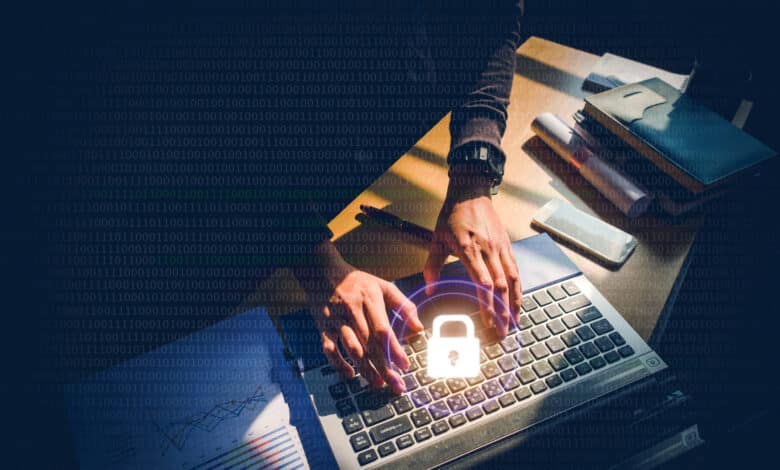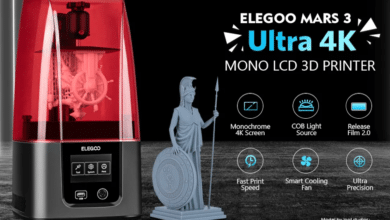
As more and more day-to-day activities occur with the mediation of new technologies, it is necessary to resort to new precautions to avoid security problems linked to privacy and scams. In the following article, some basic tips that will improve your experience on the web.
Constant technological developments greatly affect our daily lives. This 21st-century constant makes it impossible to rest on the novelties that exist to improve our quality of life, as well as to reduce the environmental impact and change paradigms. For example, innovation linked to solar energy may be the talk of the town in the near future.
However, it is not necessary to go to that extreme to think about the innovations we live with. The fact that you are reading this article on your computer or mobile device is a necessary sign to think about the new challenges we will have to face in terms of cybersecurity. Even more so if we take into account how the recent Covid-19 pandemic accelerated the process of digitalization of everyday life.
Here is a series of tips related to security and privacy on the web.
1 – Pay attention to your passwords
This may seem like an obvious tip, but in reality, it is not. Many people tend to neglect the quality of their passwords, repeating them on different sites, which often leaves them exposed to the first threat. Nowadays there are password managers that allow you to manage these valuable passwords securely and are always available if you forget them.
In addition, such tools help to create secure and quality passwords, which makes the job of online fraudsters and attackers even more difficult. With sophisticated patterns that often combine uppercase, lowercase, numbers, and letters, taking this factor seriously decreases any possibility of threat, as well as online scams or having our privacy violated.
2 – Use a VPN
For a long time, this service was associated with unblocking restricted content in a country. Although this is one of its main functions it is also a key tool for our online security. If we consider the best VPNs on the market, we will find that they ensure the privacy and security of users in order to avoid tracking, annoying advertisements, and, above all, cyber-attacks that feed off our digital footprint.
After all, the Internet is a place that is increasingly under surveillance, so having a VPN ensures that we return to the old days of privacy and protection of our personal data, whether we are talking about browsing for work or leisure purposes.
Thus, using a VPN is no longer a matter limited to a specific Internet niche, but has become a necessity for those who value their privacy, security, and free access to the necessary informative and educational content. You can visit this website to learn more about the benefits you can get from using a VPN: https://surfshark.com/servers/australia
3 – Use a good multi-device antivirus
In many people’s minds, antivirus is synonymous with computer protection, but different studies have shown that a large part of the time we spend connected to the Internet (about 7 hours for an average adult globally) occurs on cell phones and other devices that we do not usually protect.
In that direction, thinking multi-device also applies to the above tips. After all, think about your daily routine, how much time you spend surfing the web, and from which devices you do it. Incredible as it may seem to you when you consider our habits less than two decades ago, it is the cell phone that dominates our web presence.
In the case of children, devices such as tablets or game consoles are also preponderant, so it is the right decision to ensure the comprehensive protection of all devices in the home and not to focus only on the desktop or laptop.
4 – Cover your webcam
Lastly, a more rudimentary but no less effective and necessary tip. Since it became known that Mark Zuckerberg covered his computer’s webcam with a piece of paper, the existence of malware that can spy through the camera of any device became visible. Blocking them analogically with a piece of paper or digitally through a program is a great security measure.
5 – Do not miss updates
Whether we’re talking about the entire operating system or the programs you use on a daily basis, you should not miss the updates that appear on your screen. Through them, it is possible to keep up to date in terms of virus and malware definition, as well as to enjoy safer browsing in general terms without the need to install additional add-ons.
According to various statistics, it has been proven that the vast majority of computers are exposed to malicious attacks for not updating their operating system, exposing their database, and other security and privacy issues.



